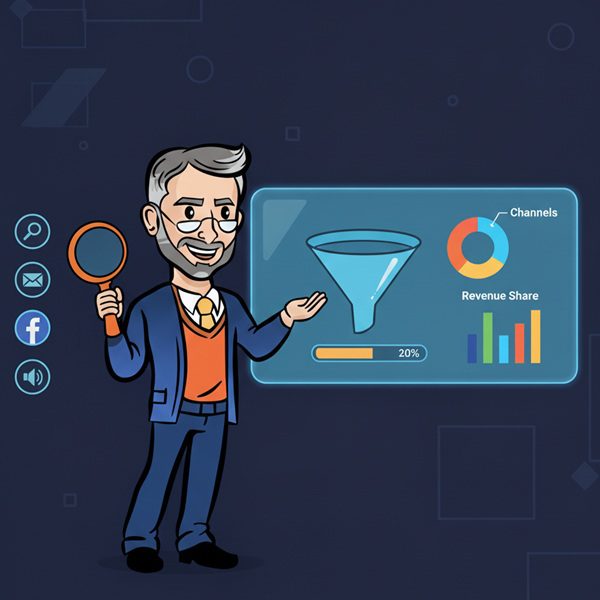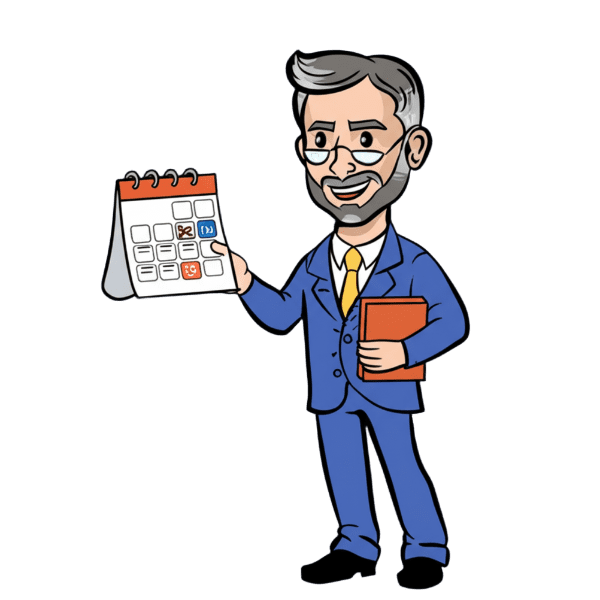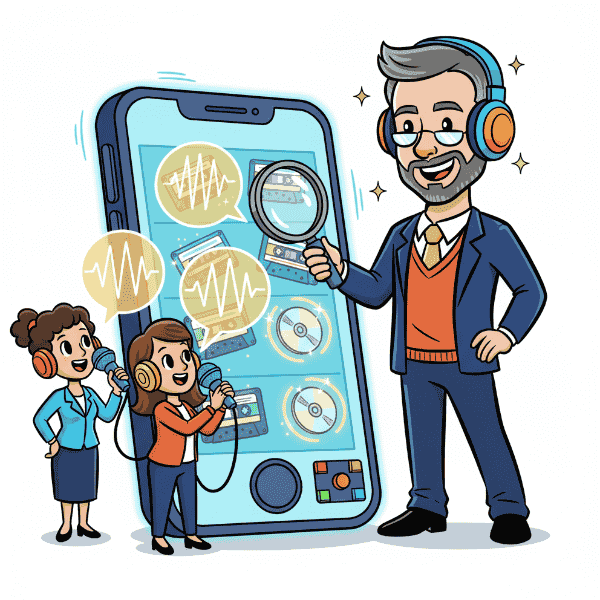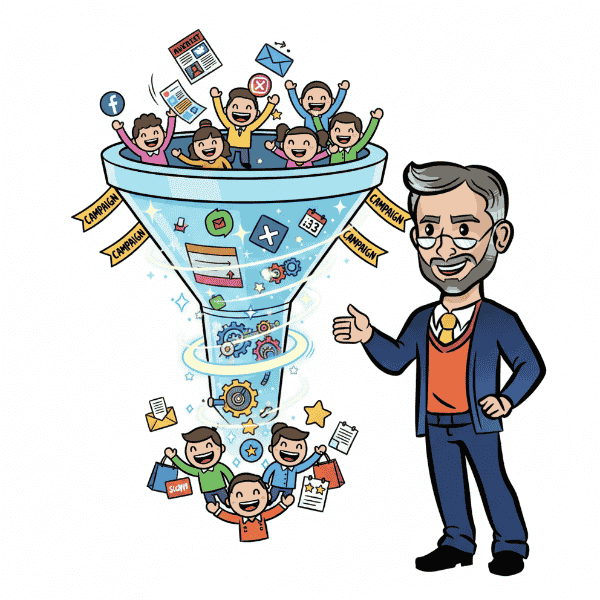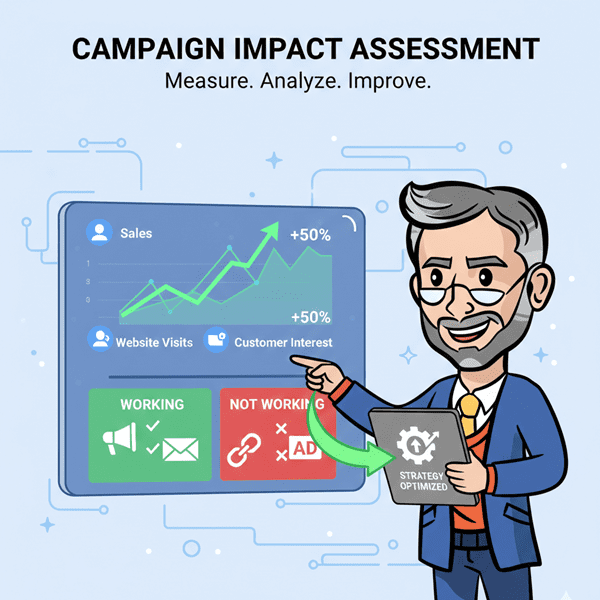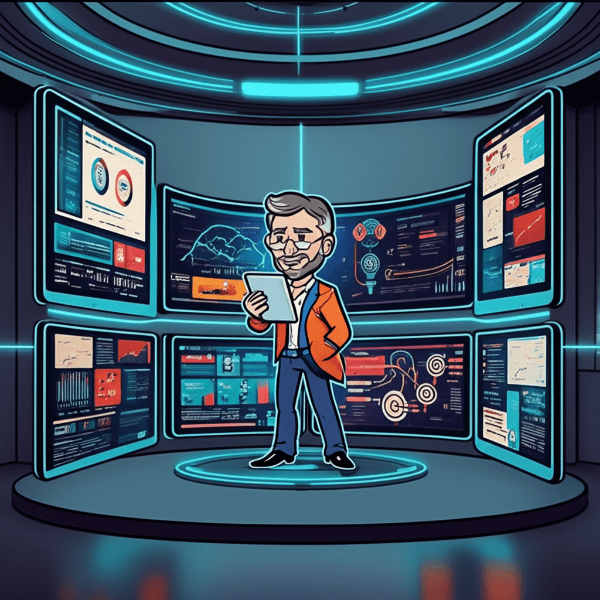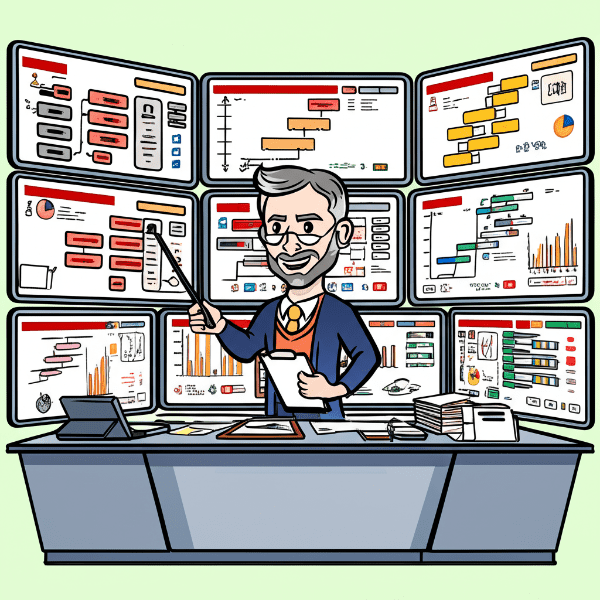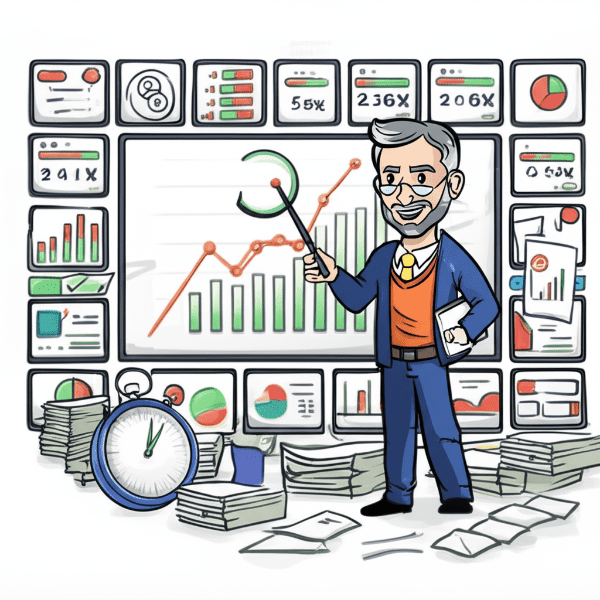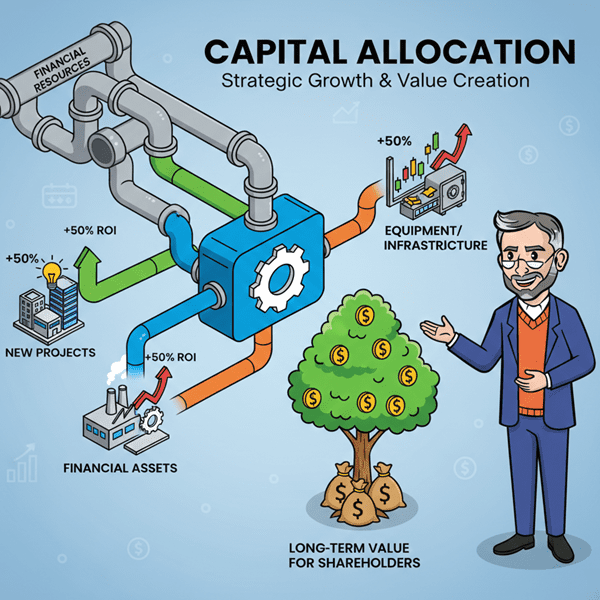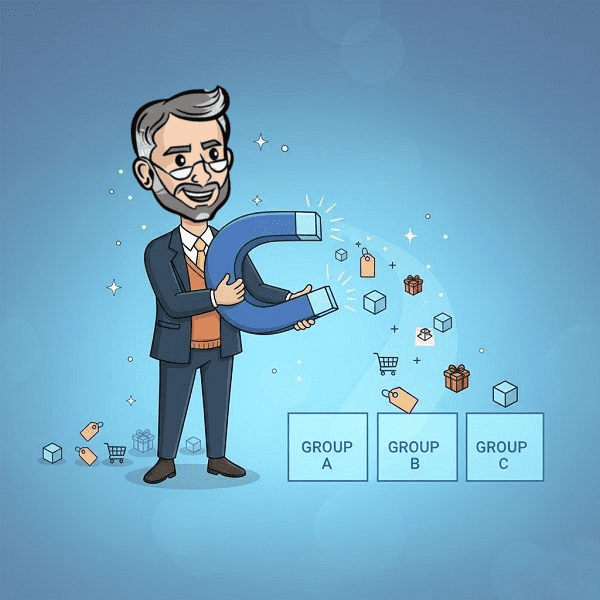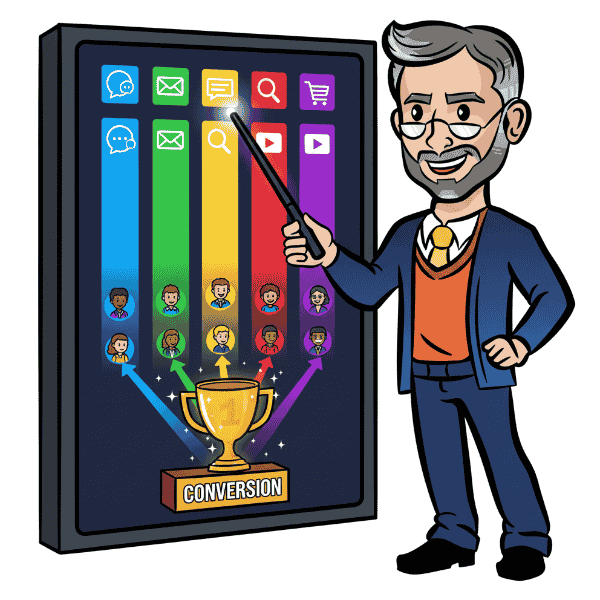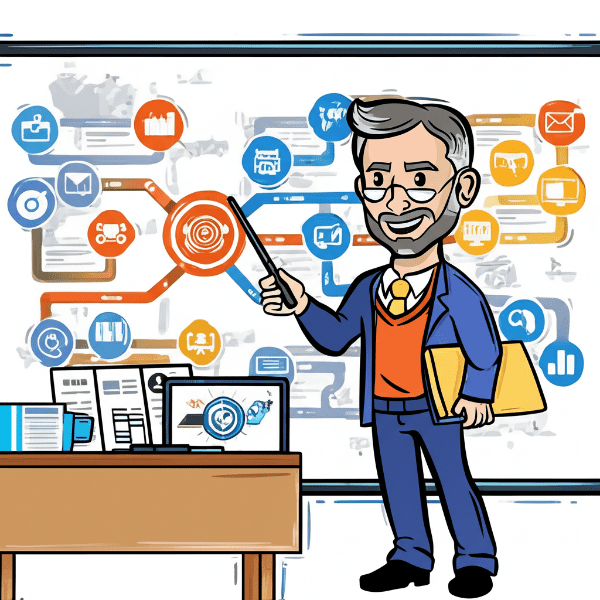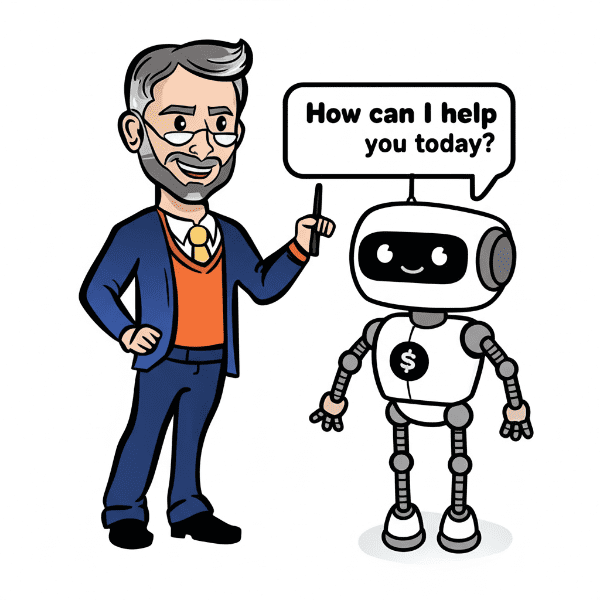Definition: A content personalization engine is a technology platform that delivers tailored content experiences to users based on their behavior, preferences, and demographics. By leveraging data such as browsing history, purchase behavior, or engagement patterns, these engines dynamically adjust what content is shown to ensure greater relevance and impact.
Use it in a Sentence: The retailer implemented a content personalization engine to recommend products based on customer browsing history, which significantly boosted conversions and average order value.
Why Content Personalization Engines Matter
Content personalization engines are essential tools for businesses aiming to deliver tailored experiences to their audience. These engines use data and machine learning to dynamically adjust website content, emails, and ads based on user behavior, preferences, and past interactions. For startups looking to scale quickly, adopting content personalization engines can significantly improve customer engagement and retention.

By integrating with CRMs and maintaining strong CRM hygiene, businesses ensure that the data feeding into their personalization engine is clean, accurate, and actionable—something especially crucial for fast-moving startups where agility and relevance can make or break user acquisition strategies.
Key Benefits of Content Personalization Engines
- Increased Engagement: Personalized content grabs attention and keeps users interacting longer by offering exactly what they’re looking for.
- Higher Conversion Rates: By aligning content with each user’s journey, personalization engines can improve the chances of turning visitors into paying customers.
- Scalable Automation: These engines automate what would otherwise be a manual and time-consuming process, making it easier for startups to scale without adding extra headcount.
- Improved CRM Hygiene: A personalization engine is only as good as the data it uses. Ensuring up-to-date and accurate customer data through proper CRM hygiene boosts the effectiveness of these tools.
- Real-Time Adaptability: Content can shift in real-time based on new interactions, keeping the user experience fluid and highly relevant.
Key Components of Content Personalization Engines
- Data Integration: Pulling information from CRMs, websites, and third-party platforms to build comprehensive user profiles. Clean, organized data—supported by strong CRM hygiene—is the backbone of effective personalization.
- User Segmentation: Grouping users based on demographics, behaviors, and interests to deliver more relevant content. This is especially helpful for startups targeting diverse or niche customer bases.
- AI & Machine Learning: Algorithms analyze user behavior to predict what content will perform best and when to deliver it.
- Dynamic Content Delivery: Automatically updating email content, product recommendations, or landing pages based on the latest user data.
- Performance Tracking: Measuring the success of personalized content to refine strategies and improve future outcomes.
More Definitions
(From the Sales & Marketing Jargon Encyclopedia)
- Cross-Selling: The strategy of offering related or complementary products to customers to increase the overall value of a purchase.
Read More> - Cost per thousand impressions (CPM): A metric that shows how much it costs to display your ad one thousand times, regardless of clicks or engagement.
Read More> - Corporate Social Responsibility (CSR): A business approach where companies take accountability for their social, environmental, and economic impact, often through sustainable and ethical practices.
Read More> - Marketing Attribution: The process of identifying which marketing touchpoints or channels contributed to a customer’s decision to convert or make a purchase.
Read More> - Content Personalization: Tailoring content to individual users based on their preferences, behaviours, or demographics to increase relevance and engagement.
Read More>
Useful Posts
(From the Sales Funnel Professor Blog)
- Top of Funnel: Organic Social Strategies: Learn how to build brand awareness using unpaid social media content and outreach.
Read More> - SEO Top of Funnel Strategies: Dive into organic tactics that increase visibility at the awareness stage without a paid budget.
Read More> - How to Find Low-Hanging Fruit in Sales & Marketing: Discover practical ways to identify quick wins and easy-to-implement strategies that don’t require a big spend.
Read More>


